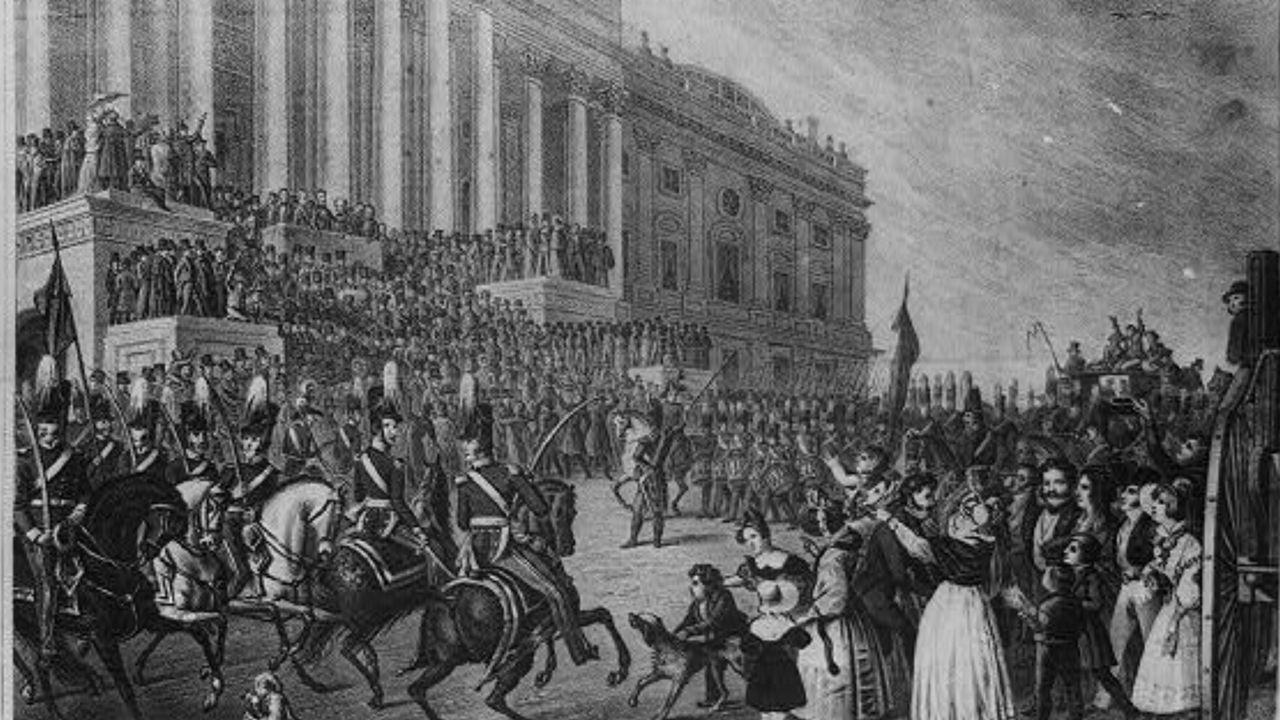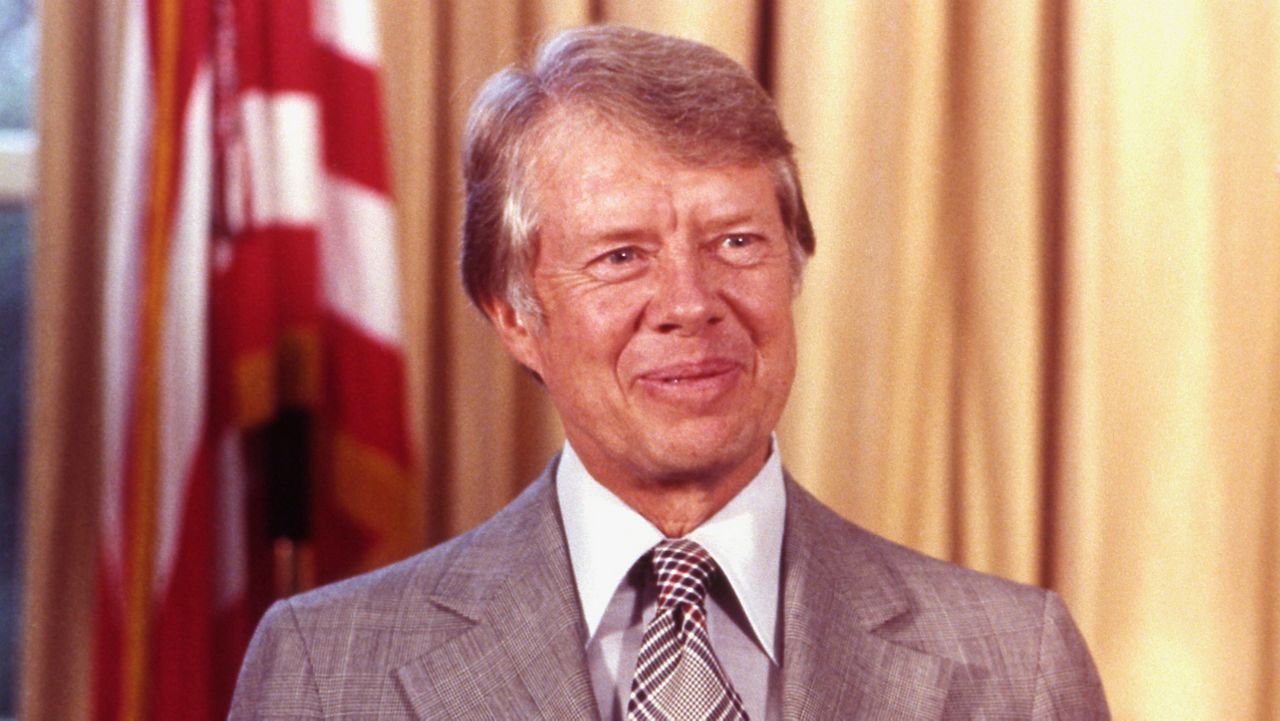MADISON, WI (SPECTRUM NEWS) — The state’s top lawmakers spoke to business owners from around the Wisconsin on Tuesday.
Wisconsin Manufactures and Commerce, or WMC, hosted Governor Tony Evers, (D-Wisconsin) and top legislative leadership at their annual policy day.
While the lawmakers touched on several different topics, one of the main points was about filling jobs in the face of a workforce shortage.
First the business leaders heard from Evers, who told the crowd that Wisconsin could run out of job candidates.
“We are not going to have enough people, we can properly train and prepare the people of wisconsin that already exist here and we’re still going to be short workers,” Evers said.
Evers suggested the state needs to invest in education to foster Wisconsin talent.. He said the state also needs to improve quality of life to help attract workers from outside the state.
“I’m confident that we can do this, i’m confident that we can expand workforce and get behind our entrepreneurs in the state of Wisconsin I’m also convinced that we can bring more people into the state of Wisconsin,” Evers said.
Later in the day republican and democratic leaders from the assembly and senate sat down for a panel discussion. The conversation featured Assembly Speaker Robin Vos (R-Rochester), Assembly Minority Leader Gordon Hintz (D-Oshkosh), Senate Majority Leader Scott Fitzgerald (R-Juneau), and Senate Minority Leader Jennifer Schilling (D-La Crosse).
At that time Vos pushed back against Evers and his commitment to business.
“We put some requirements in there to actually try to really incentivize folks to really apply for jobs so they could get off the public dole and not stay on the taxpayers nickel, Governor Evers has been incredibly unsupportive of that,” Vos said.
Vos also added that republicans defied Evers and helped business by passing tax relief plan.
“I wish it had been more, I wish it had been more broad based, but I think it was a huge advance considering that we had a liberal wish list to start and we ended up with a significant tax cut at the end,” Vos said.
Schilling echoed Evers in talking about recruiting younger workers.
“Finding ways that we can make it attractive for millennials, but i also think entrepreneurs and what we need to be doing, we were ranked last in entrepreneurship and how can we grow small businesses to medium and medium to large,” Schilling said.
Evers did not speak about his letter to President Donald Trump where he explained the negative impacts tariffs and trade disputes have been having on Wisconsin farmers. He also did not take questions after.
When asked after the panel Fitzgerald said he didn't want to agree or disagree with the sentiments in the letter.
“It’s interesting because they’re still supportive of the president even though they are very concerned and obviously dairy has been it’s just been limping along lately, so there’s a lot of concerns in the area of agriculture, but I don’t have any specific comment on that letter,” Fitzgerald said.
Most recently china has said it will stop taking agriculture imports from the us. The country is Wisconsin’s second largest agriculture trade partner.
Hintz briefly touched on the trade disputes in the panel discussion.
“Certainty matters, and there’s nothing less certain than a president who has sort of disrupted international order who’s applied tariff’s recklessly with really no outcome in mind and unintended consequences,” Hintz said.
WMC organizers said that having so many influential lawmakers at the conference is important to them.
“It puts a face on these policy decisions when they know that they’re enacting, whether it’s a new tax or a new tax cut or a new regulation or even deregulation that impacts people,” said Scott Manley, senior vice president of government relations.










